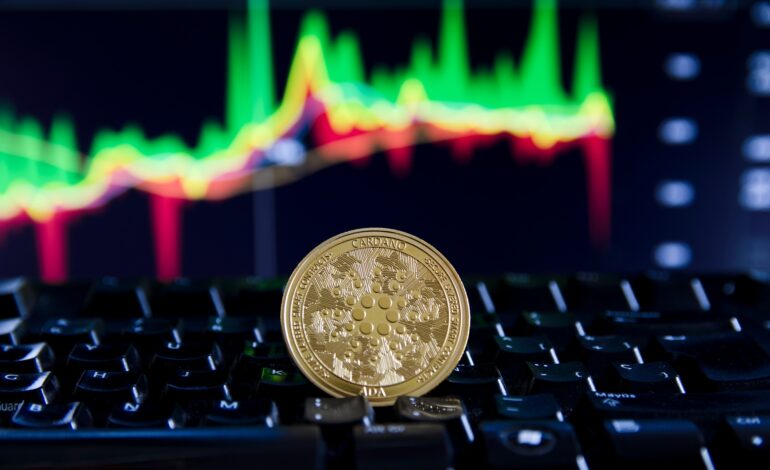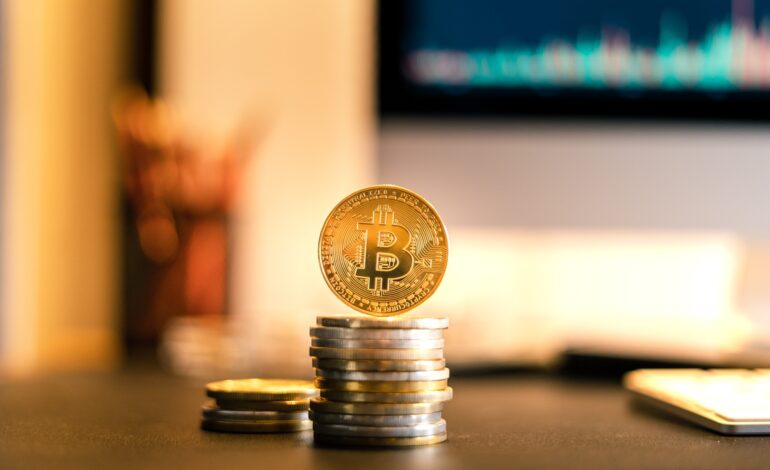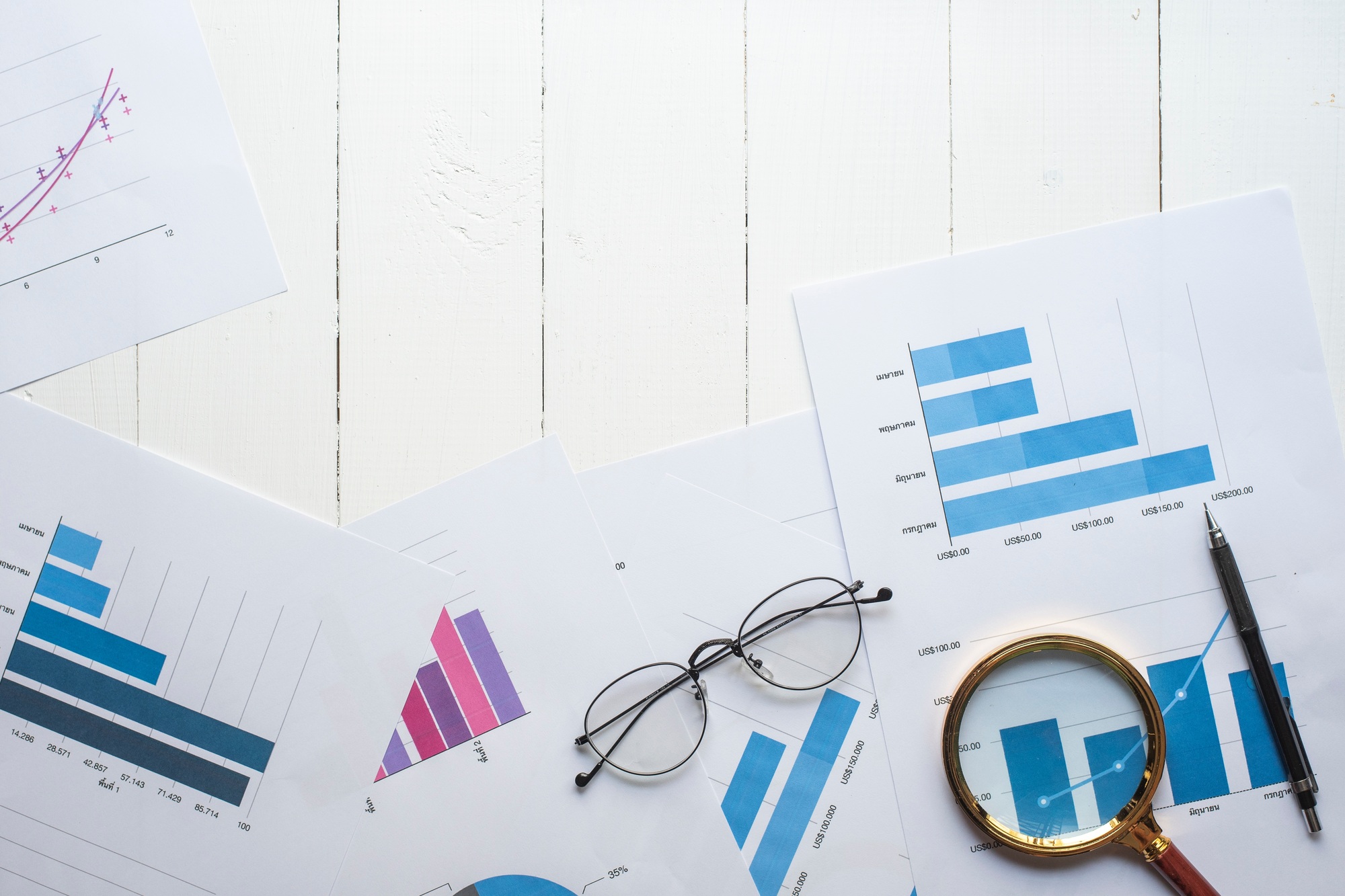
Blockchain technology has unlocked a new concept in how we think about value and incentives—the token economy. As more businesses, communities, and even governments explore this idea, it’s becoming clear that token economies could be a game-changer for everything from finance to education to healthcare.
What is a Token Economy?
A token economy refers to a system in which tokens—digital or physical—are used as a form of currency or value to facilitate exchanges, rewards, or incentives within a specific ecosystem. Tokens can represent anything, including ownership, voting rights, access to services, or rewards for participation.
The token economy is powered largely by blockchain technology, which allows these tokens to be securely stored, transferred, and managed without needing centralized authorities like banks or governments. These tokens enable peer-to-peer transactions and can carry unique information, giving them various functionalities.
How Tokens Work
Tokens in a token economy serve as units of value within a particular ecosystem. They can be earned, spent, or exchanged based on predefined rules. There are three primary types of tokens:
- Utility Tokens:
- These give users access to a product or service within a network.
- Example: Ethereum’s native token (ETH) is required to execute smart contracts on the Ethereum blockchain.
- Security Tokens:
- These represent ownership in an asset or equity in a company. They work similarly to shares in a stock market.
- Example: Real estate-backed tokens give ownership rights over a fraction of a property.
- Governance Tokens:
- These give holders voting power to make decisions about the development or rules of a project.
- Example: In decentralized finance (DeFi), platforms like Uniswap allow users to vote on future changes through governance tokens.
Why Token Economies Matter
The token economy opens up new possibilities by allowing communities and businesses to create their own currencies and incentive structures. This redefines how value is exchanged, encouraging participation, collaboration, and innovation. Below are some reasons why token economies are considered revolutionary:
- Incentivizing Participation:
- Tokens can reward users for participating in a community or platform. For example, users on a social media platform might earn tokens for contributing valuable content.
- Decentralized Ownership:
- Instead of being controlled by a central authority, a token economy can distribute ownership among participants, allowing greater transparency and shared decision-making.
- Global and Borderless Transactions:
- Tokens can be transferred across borders instantly and at low cost, making it easier to create global economies without relying on banks or intermediaries.
- Programmable Money:
- Smart contracts allow tokens to carry predefined rules about how they can be spent or transferred. For example, tokens could expire after a certain time or only be used for specific purposes.
Examples of Token Economies in the Real World
- Bitcoin and Cryptocurrencies:
- Bitcoin can be seen as the first real-world example of a token economy, where users mine tokens (Bitcoins) as a reward for securing the network. Bitcoin incentivizes decentralized validation of transactions.
- Decentralized Finance (DeFi):
- Platforms like Aave and Compound use tokens to reward users for lending or borrowing cryptocurrency. Participants earn tokens for providing liquidity to the platform.
- Loyalty Programs:
- Some companies tokenize their loyalty points, allowing customers to earn, trade, or spend tokens across different partners within a network. For example, airlines could issue travel tokens that can be used across various companies within an ecosystem.
- Play-to-Earn (P2E) Games:
- Games like Axie Infinity reward players with tokens that can be used in the game or sold on exchanges for real-world money. This concept has created an entirely new model where gamers earn income through gameplay.
- Voting and Governance in DAOs (Decentralized Autonomous Organizations):
- Some projects allow users to vote on changes by holding governance tokens. The more tokens a person holds, the more influence they have on decisions.
Challenges of the Token Economy
Despite its benefits, the token economy is still in its early stages and faces several challenges:
- Regulatory Uncertainty:
- Governments are still figuring out how to regulate tokens, especially those that act like securities. This uncertainty creates risks for investors and developers.
- Volatility:
- Tokens, especially cryptocurrencies, are often highly volatile. Prices can swing wildly, making it hard for businesses to use them as stable forms of value.
- Technical Complexity:
- Not everyone is familiar with blockchain technology, wallets, and private keys. This learning curve can slow down the adoption of token economies.
- Scalability Issues:
- Many blockchain networks still struggle to handle large numbers of transactions efficiently. Until scalability improves, the potential of token economies will be limited.
- Fraud and Scams:
- The rise of token economies has also led to the growth of scams and fraudulent token projects. It’s essential to do thorough research before participating in any token economy.
The Future of the Token Economy
The token economy is evolving rapidly, and more industries are adopting token-based systems. Some exciting trends to watch include:
- Tokenizing Real-World Assets: From real estate to art, more physical assets are being tokenized, making it easier to buy, sell, and trade them.
- Web3 and the Creator Economy: Tokens will power the next generation of the internet, enabling creators to monetize their work directly without relying on platforms like YouTube or Instagram.
- Sustainability Initiatives: Token economies can reward individuals and companies for engaging in eco-friendly practices, such as carbon credits and recycling tokens.
The token economy is about more than just cryptocurrencies—it’s about redefining value and ownership in a digital world. By allowing decentralized, secure, and programmable value exchange, token economies are creating new opportunities for businesses, communities, and individuals alike.
While challenges remain, the token economy offers a glimpse of a future where anyone can participate, innovate, and own a piece of the systems they use. Whether through rewards for participation, decentralized governance, or tokenized assets, the possibilities are limitless.
If you’re just starting your journey into the world of blockchain and tokens, take your time to explore, learn, and engage with token economies. It’s a growing space with endless potential—one that could very well reshape the way we interact with the economy in the years to come.







1 Comment
Hi there, I discovered your website via Google while searching for a related subject, your website came up, it appears great. I’ve bookmarked it in my google bookmarks.